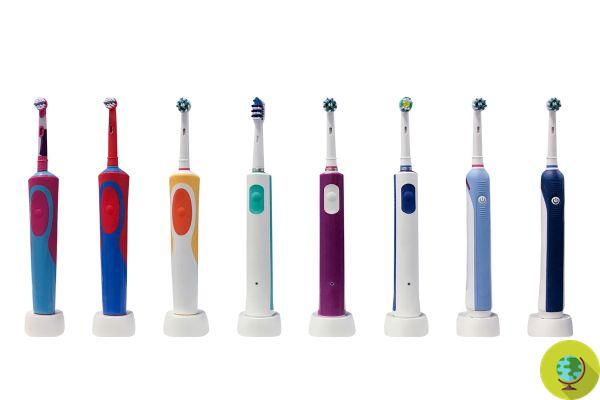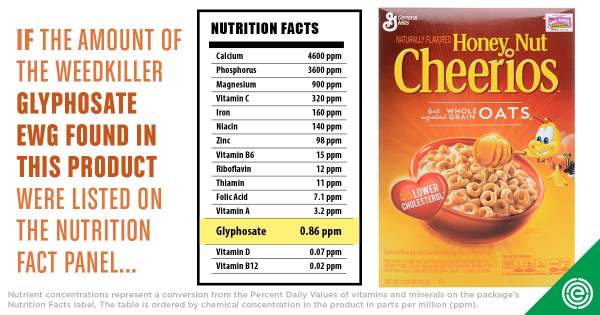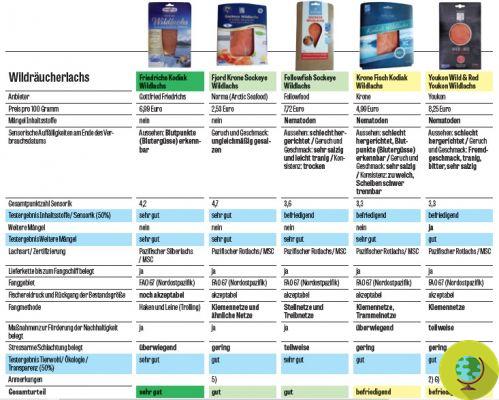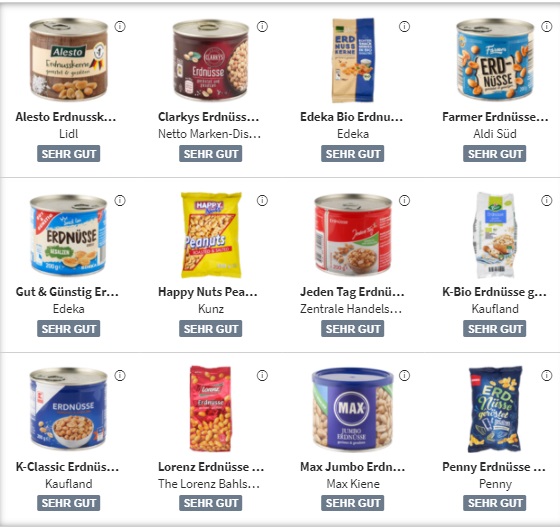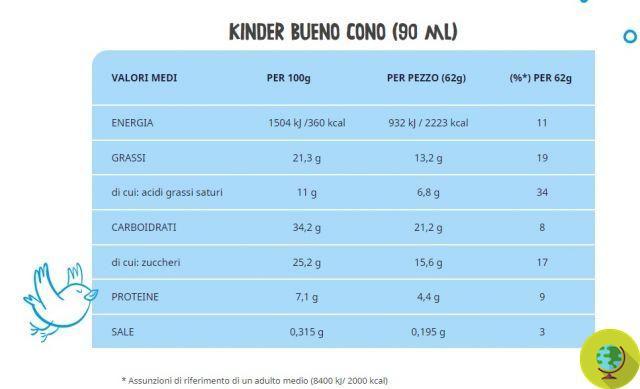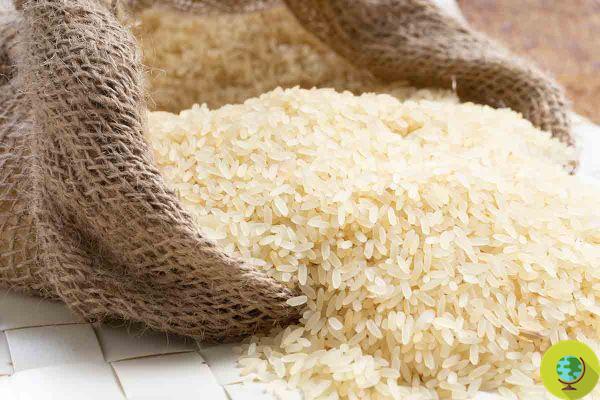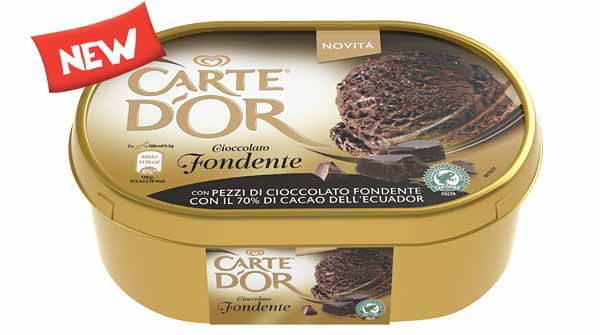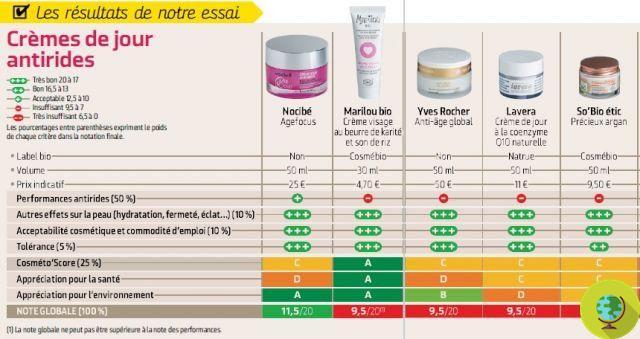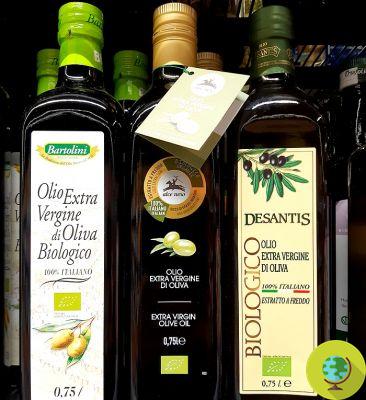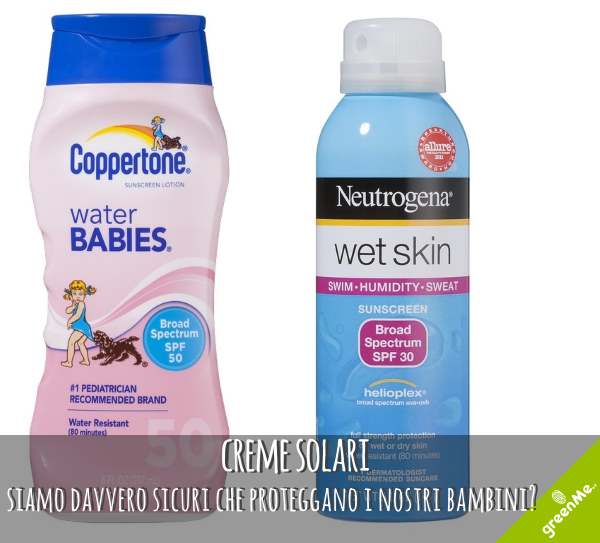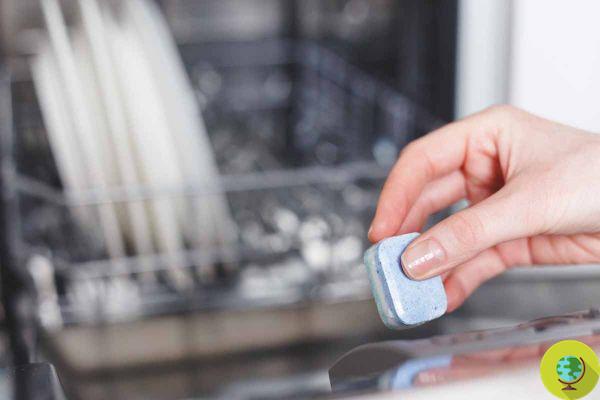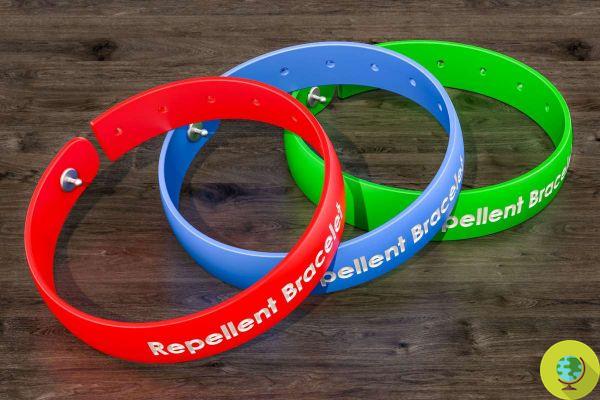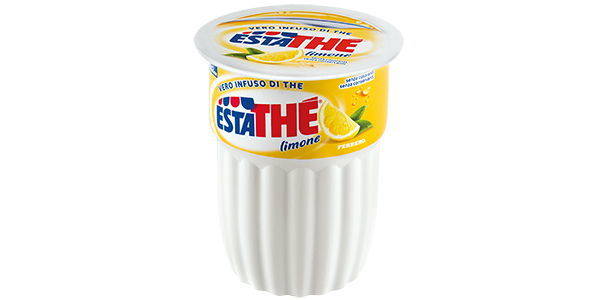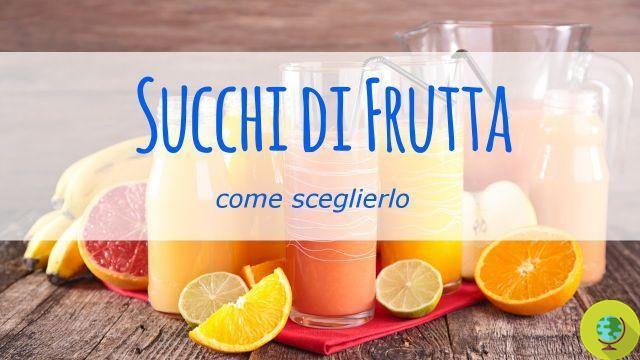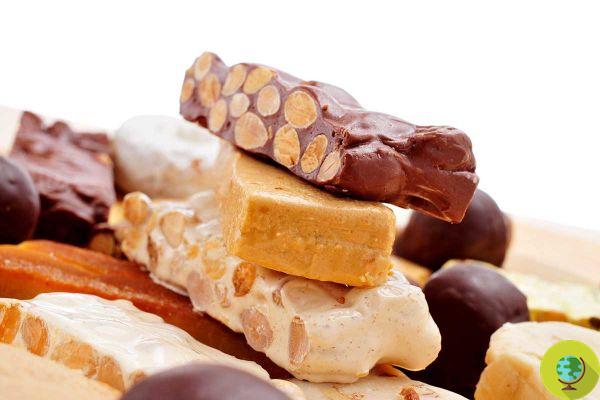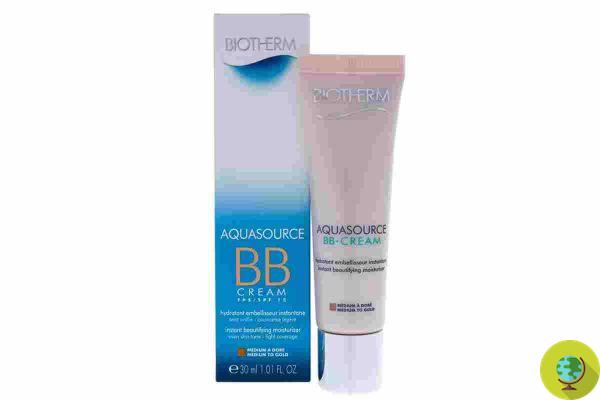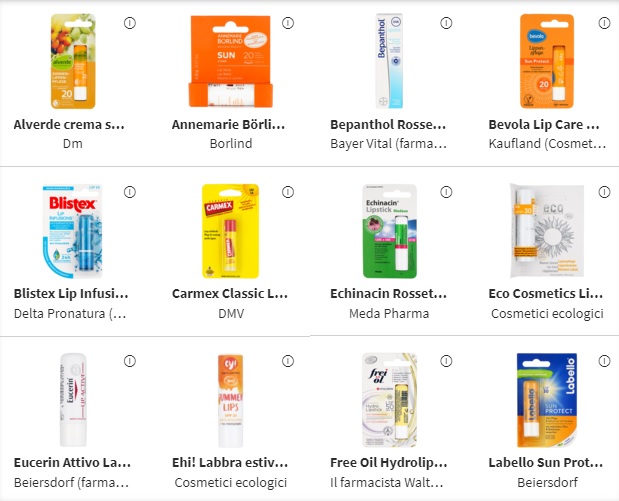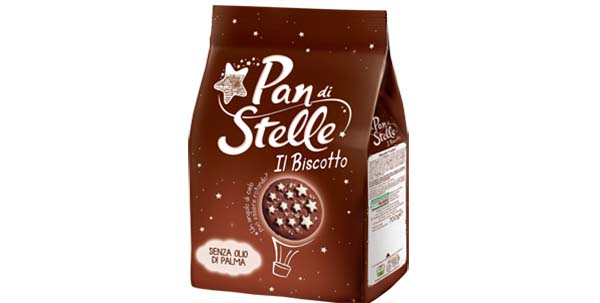
At the bar, do you usually buy vegan croissants convinced that it is lighter and healthier than the traditional one? Discovering all the ingredients with which it is made, we are sure that you will change your mind
Who buys at the bar vegan croissants can do this for several reasons. Generally, either they are lactose intolerant people or they have made a real ethical choice, that of excluding animal proteins from their diet.
But there are also those who, perhaps on a diet, are convinced that choosing this type of brioche is a good idea from a nutritional point of view, or rather that there are advantages in terms of lightness and healthiness of the product. But is it really so?
Definitely not, but to find out you need to understand what ingredients the vegan croissants are made with.
What ingredients does the vegan croissant contain?
We report as an example the list of ingredients of a vegan croissant without filling of a well-known brand that also supplies bars:
- Wheat flour,
- vegetable margarine (vegetable oil (sunflower), vegetable fat (shea), water, salt, emulsifier: E471;
- concentrated lemon juice),
- water,
- sugar,
- stone ground wholemeal WHEAT flour 2%,
- brewer's yeast,
- 1% teff flour,
- Wheat gluten,
- natural yeast (contains WHEAT),
- emulsifiers: E322 from sunflower, E471, E472e
- sale
- wheat bran,
- BARLEY malt extract
- natural flavoring
- flour treatment agent: E300.
If we then add for example an apricot filling, we should also consider the following ingredients:
11,5% apricot filling (sugar, 40% apricot puree, glucose-fructose syrup, gelling agent: E440; acidifier: E330; concentrated lemon juice, flavorings)
It seems to us that the long list of ingredients already speaks for itself, but those who may not be really familiar with reading the labels may not notice all the specifications. We help you.
First of all, we must consider the very long list of ingredients (too many considering that it is a simple croissant), many of which are hidden behind an abbreviation, especially emulsifiers.
Then there are various aromas and vegetable fats such as margarine but also shea, refined products rich in saturated fats. (Read also: Margarine without hydrogenated fats: is it still bad for your health?
Furthermore, those who think of eating a wholemeal croissant too, note that wholemeal wheat flour is only 2% of the product, less than the sugar that is listed first.
Furthermore, the filling, when present, contains many sugars as well as other industrial substances.
In short, as you will have understood, the vegan croissant (if not homemade or from a good pastry shop that uses a few simple quality ingredients) certainly cannot be considered a healthy food or better than other types of croissants.
If you choose it only because you plan to focus on a lighter and healthier product, better opt for a good homemade breakfast!
Follow your Telegram | Instagram | Facebook | TikTok | Youtube
Read also:
- Croissant: the recipe for homemade croissants with sourdough
- What happens to your body if you eat cappuccino and croissant every day




